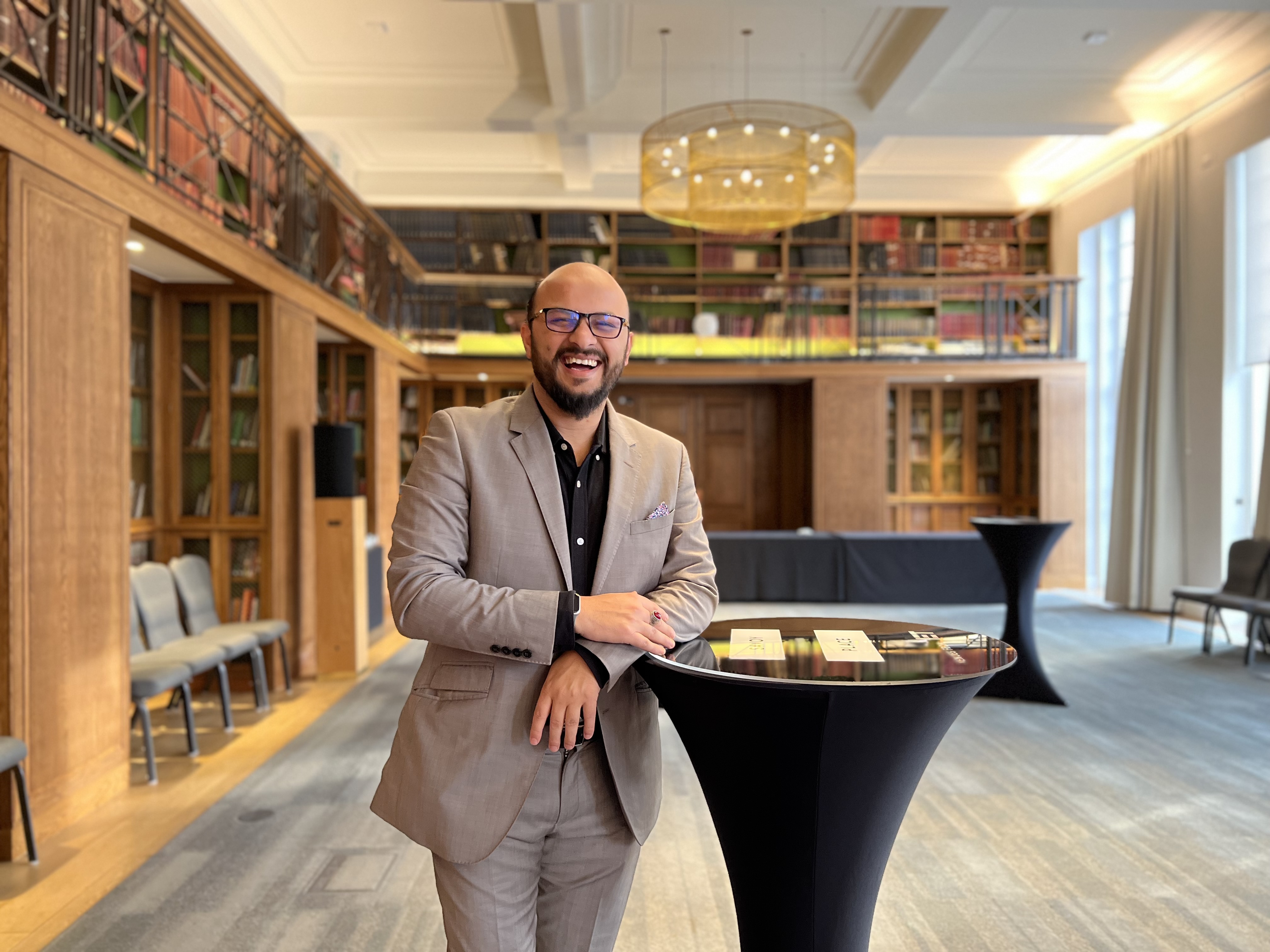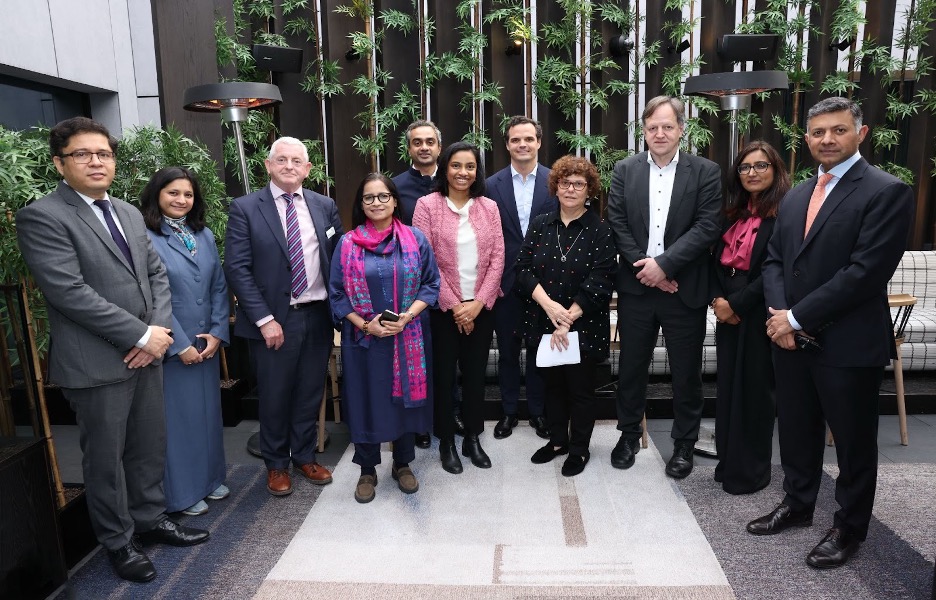🔦Spotlight on Principal Investigators: Professor Qammer Abbasi
27 Feb, 2025

In this edition of Spotlight on Principal Investigators, we feature Professor Qammer Abbasi, a pioneering researcher shaping the future of communication, sensing, and policy-driven innovation. His work spans cutting-edge 6G technologies, Reconfigurable Intelligent Surfaces (RIS), and Integrated Sensing and Communication (ISAC)—driving breakthroughs that ensure connectivity is not only faster but also more intelligent, sustainable, and equitable.
Watch the interview on YouTube here
What motivates you to continue innovating and exploring in your field?
The pursuit of advancing future communication and sensing technologies to create transformative societal impact drives my passion. Whether it’s enabling seamless connectivity or developing intelligent systems that address global challenges, the potential for research to shape the sustainable future keeps me motivated. Collaborating with brilliant minds across disciplines and seeing innovative ideas come to life is a constant source of inspiration.
How do you balance the demands of leading groundbreaking research with other aspects of your life?
Balancing the diverse demands of leading research, students and early career researchers mentoring, teaching, IEEE chair activities, my role as a UK Government’s Policy Advisor on Future Telecoms and many other responsibilities at the work requires a structured approach and collaboration. I prioritize clear communication and delegation within my research team, ensuring responsibilities are shared effectively so I can focus on high-impact decisions and strategic vision. Similarly, I strive to align my teaching with my research, bringing real-world examples from cutting-edge projects into the classroom to inspire and engage students. My policy advisor role complements this balance by connecting my academic insights with national strategies. Amid these commitments, I make it a point to carve out quality time with my family, staying grounded and motivated through their unwavering support.
If you could give your younger self one piece of advice about pursuing this career, what would it be?
Don’t be afraid to think big and embrace multidisciplinary collaboration early. Some of the most impactful advancements in communication and sensing technologies arise from diverse perspectives coming together — like we have in CHEDDAR. Take risks, trust the process of innovation, and remember that failures often lay the foundation for breakthroughs.
How does your work contribute to shaping policies or addressing societal challenges?
As a UK DSIT Policy Advisor on Future Telecoms, my work directly informs national strategies for developing secure, sustainable, and resilient communication infrastructures. By bridging cutting-edge research with policy, I contribute to shaping frameworks that ensure technologies like 6G not only deliver on performance but also address challenges such as digital equity, environmental sustainability, and security. My focus on technologies like Reconfigurable Intelligent Surfaces (RIS) and Integrated Sensing and Communication (ISAC) supports the creation of interconnected ecosystems that serve both technological and societal needs.
Do you think it’s important for researchers to engage with the public? Why or why not?
Engaging with the public is essential to ensure that research remains relevant and impactful. It bridges the gap between science and society, fosters trust, and provides a platform to address public concerns while showcasing the potential benefits of technological advancements. Public engagement also inspires the next generation of researchers and helps align innovations with societal priorities.
What does it mean to you to be a leader in this field?
Leadership in this field is about fostering collaboration, setting a clear vision, and enabling others to thrive. It’s not just about driving innovation but also ensuring that research translates into meaningful outcomes that address real-world challenges. For me, leadership is also about mentoring the next generation and empowering them to think creatively and ambitiously.
How do you mentor or inspire the next generation of researchers in this field?
I aim to mentor by creating a dynamic, inclusive environment that encourages young researchers to explore bold ideas and embrace interdisciplinary thinking. I emphasize the importance of understanding the broader impact of their work and encourage them to see how their contributions can address pressing societal challenges. By celebrating their successes and providing guidance when needed, I help foster confidence and creativity.
Can you share a moment where you thought ‘wow, this is a real breakthrough’ or where you said to yourself ‘I love my job?’
One of those moments came during discussions about using Reconfigurable Intelligent Surfaces (RIS) to simultaneously improve communication coverage and enable environmental sensing in an ‘Integrated Communication and Sensing (ICAS)’ system. Realizing the dual impact of these technologies—on both technical innovation and societal applications—was a powerful reminder of why I love what I do. It’s incredibly rewarding to work on solutions that bridge cutting-edge research with real-world needs.




